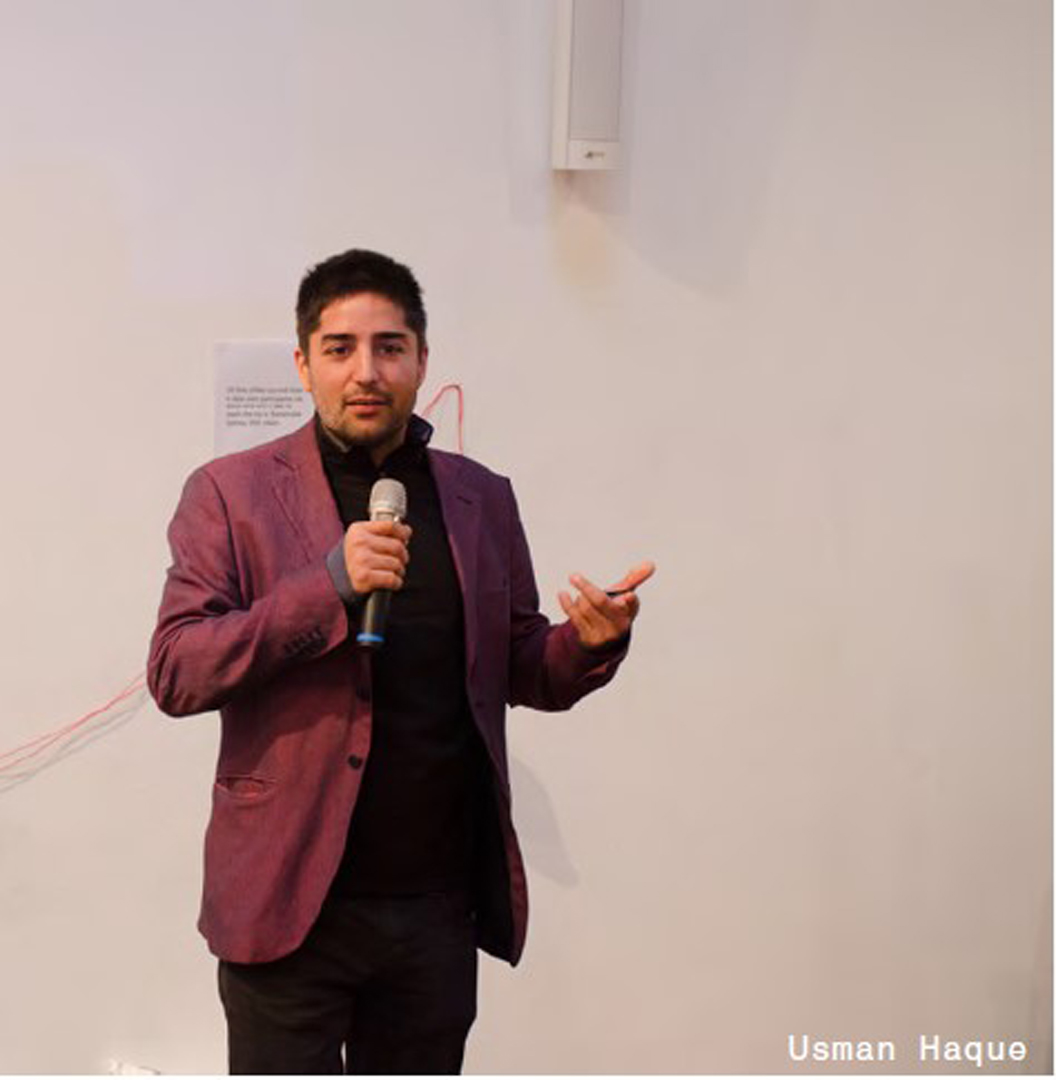The Wicked Problem
Symposium:
Title:
- The Wicked Problem
Organiser/Presenter(s):
Statement:
To get the teams started Usman asked the data artists to work within a conceptual framework centred on dilemmas, rather than focusing on a particular problem like the choice between reusable and deposable coffee cups. Usman asked artists to discover the broader dilemmas underlying the problems.
In the keynote that Julian Assange gave at this ISEA2013 Conference, he asked the uncomfortable question to artists: What are we actually doing as artists, are we doing anything that is important, that’s serious? Later on, he spoke about trying live through your principles and through your principles expose your work. And that’s what we’re trying to achieve at the Data Slam. To do meaningful work that has the potential to truly affect the ways people live, work and love in cities.
The idea of the data hackathon is a quite common around the world these days, so we wanted to do something a little different. Because often what happens is you get a bunch of people in a room and you give them a data set and they’re supposed to find some insight that the experts haven’t been able to see yet. The problem with that is this kind of format is that you put so much emphasis on simply presenting and beautifying the data and so little emphasis on what were the problems that were posed when the data was captured.
How was it captured? Why was it captured? What was not captured, what was excluded? You end up with a 24 hour solution that is nice and cute but not fundamental to anything lasting. In fact I don’t know of any hackathon that has contributed anything meaningful to how a city actually works. So we very intentionally wanted to do something different here. Which was to think more carefully about the complexity of the urban context. How we can act upon it in order to do something concrete about it?





